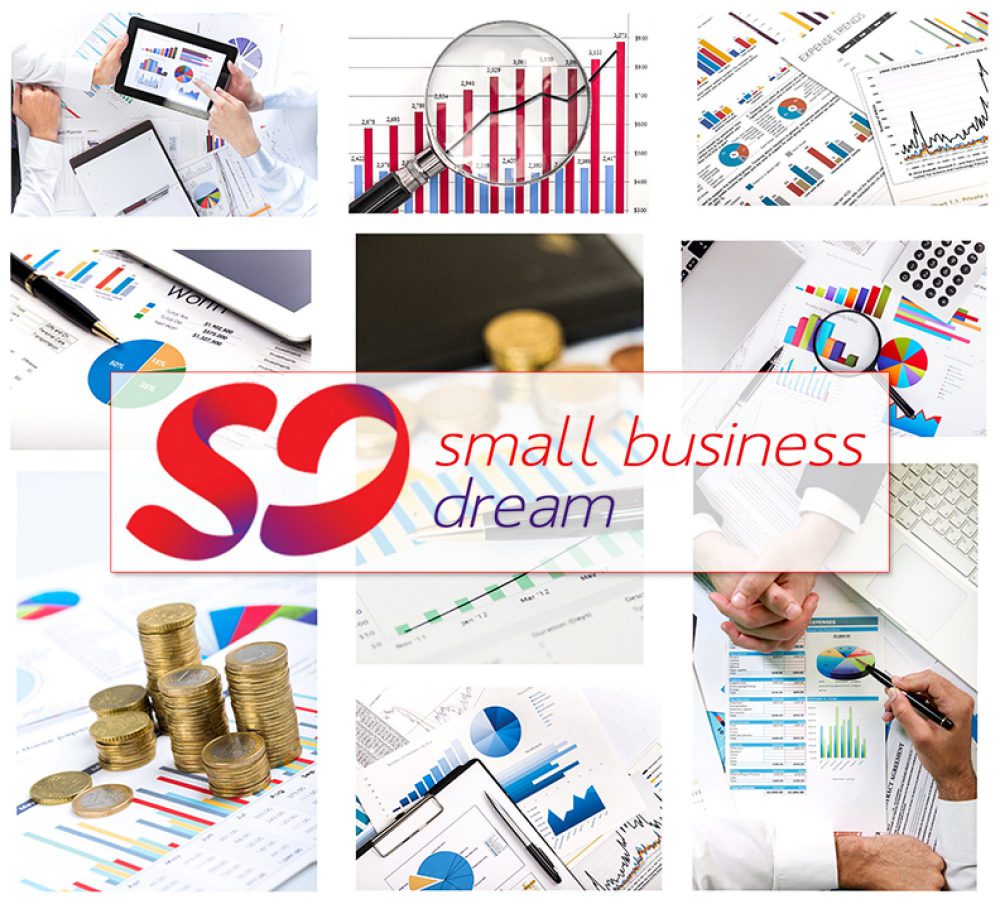Facebook offers more control to users on what they want to see on their newsfeed; it will start filtering out ads and content they’re not interested in. This came as a response to the growing concern with regard to social media’s role on our society’s well-being.
In this article, we’ll talk how putting more emphasis on community-building over competition for viewer’s attention on social media can benefit small businesses.
Why a Change in Focus is Vital for Social Media
Facebook, Twitter, Instagram and YouTube have changed the way people interact with each other. They paved the way for communities of like-minded people to share life’s experiences and interests over the internet.
Since then, users have always thought of getting more people to like their posts, and it wasn’t long before sharing became attention-seeking. Internet marketers quickly saw its potential for marketing and spared no expense getting more ‘likes’ and comments to stay on top of everybody’s newsfeed.
Other businesses won’t just stand and watch while competitors get all the attention on social media. Facebook ads, page boosts and paid ‘likes’ soon became the norm in social media marketing, and staying on top became increasingly difficult (and expensive) as more and more people and companies fight for user attention.
Ads were just one of Facebook’s many problems. They also have to deal with fake news, scams, clickbaits, and viral posts which doesn’t serve its users. Changing Facebook’s algorithm gave users a much better experience. (Notice how your friends’ most recent posts always come first. Same goes for more informative posts; irrelevant posts are demoted or removed completely.)
Facebook is getting more serious about its purpose as a company. Mark Zuckerberg is a little concerned and vows on “protecting the community” which he believes is “more important than maximizing profits.”
Facebook’s Focus on the Community
Most of us can only look back when YouTube was totally ad-free before Google bought it for 1.65 billion USD in November 2006. It soon turned into a money-making social media platform with ads taking the likeness of TV commercials but with some degree of user interaction. Remember how quickly you skipped the ad as soon as it starts, or piqued when forced to watch all 20 seconds of it?
Facebook went down the same path when it started Facebook Ads, paid likes, and page boosting. However, after dragging users into countless hours of endless scrolling and passive consumption, they’ve decided to redeem themselves by giving more attention on things that matter most – meaningful social interaction.
This might cost Facebook a lot of money, considering most of their income comes from advertising. To get around this, Facebook might give users the ability to choose ad-free subscriptions on a monthly basis for a fee which is approximately the price per user paid for by advertisers on Facebook. Another option is to provide premium accounts the ability to fine-tune their viewing experience and exceed certain limitations not accessible in free accounts.
From the standpoint of a social media marketer who rely on Facebook ads for traffic and customer acquisition, this can be somewhat unappealing, since most of their high-end clients and potential customers who can afford ad-free subscriptions would be out of reach by then, and they would have to settle with what’s left of Facebook’s free user base.
Having an ad-free, community-centered Facebook for users is much more complicated than we think. Facebook’s intention to take away distractions from the user experience is a noble one, although much of it remains to be seen. As with any kind of business, it has to somehow generate income in order to survive, i.e. by giving “free access” to services, paid for by advertising.
What This Means for Small Businesses
One of the biggest advantages of small businesses over large companies is the community that was built around it. Creating and maintaining customer relationships is much easier on a tightly-knit group of customers than having to deal with a very broad audience. Instead of social media being used as the battleground for people’s attention, it will become a truly engaging, interactive space where real businesses and customers with common interests can share their ideas.
Paid advertising will always have its place in the marketing mix, but social media is not really about throwing your ad into a prospect’s face. Be genuine with your customers, speak to them on a personal level and they will refer you to their friends. That’s the power of Facebook, not trying to outspend the competition.
Big businesses who rely heavily on advertising might have to take their outbound marketing strategies elsewhere. And what better place to advertise than Google? This way, we won’t have to worry going against these giants on an ad-free social media. We can devote more of our time and resources building a community of customers and growing our businesses through customer referrals, word of mouth, and other networking strategies.
Having your own site where you can take your customers for a brief tour of your goods and services is the next big step after you’ve accumulated enough audience from social media. This is where your business starts experiencing exponential growth through organic searches and visits driving more traffic to your site.
As a small business, we need to start somewhere, and social media could be one of those places where we can grow our audience. Creating and maintaining customer relationships has always been the key.
Take your business to the next level through sales and marketing automation. Visit SmallBizDream.com and start using our suite of tools to increase your sales and profitability like never before.

